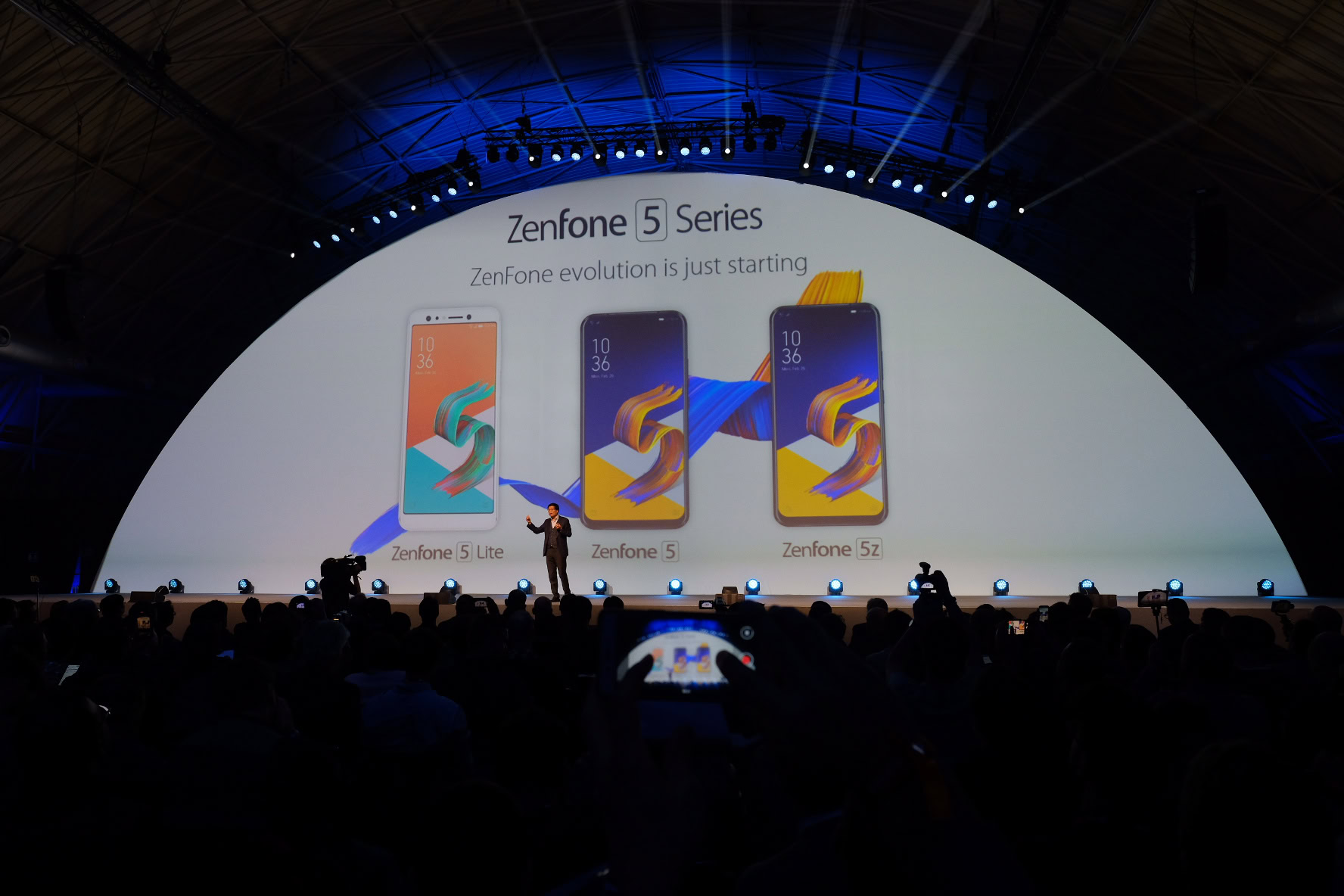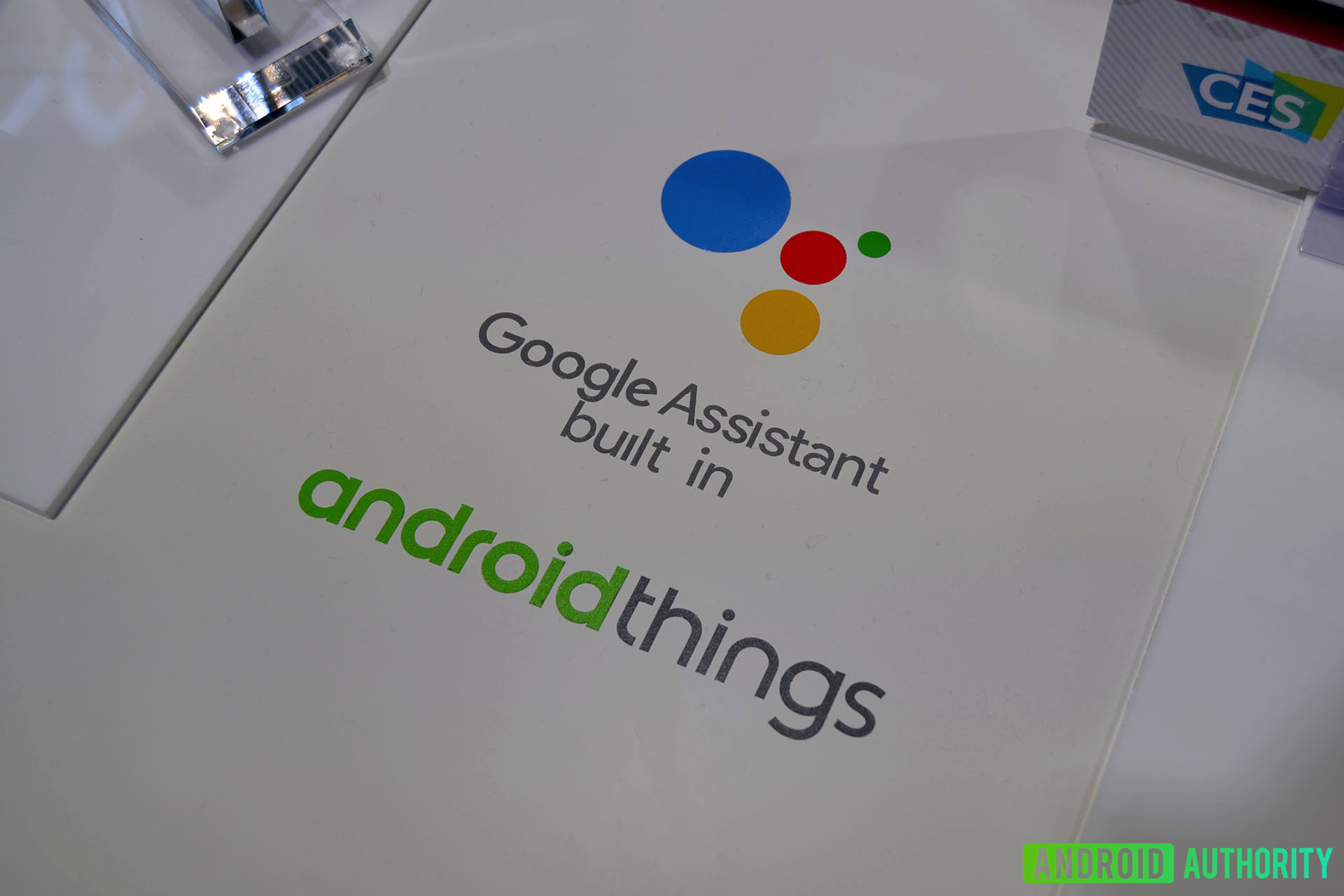Affiliate links on Android Authority may earn us a commission. Learn more.
Dear OEMs: Stop calling everything AI

With all new buzzwords and market trends, almost inevitably terms becomes co-opted and abused by nefarious marketers looking to capitalize on the current hot-topic. We’ve already seen carriers boasting about 5G networks and capabilities that are still a long way out before consumers can use them. And gradually use of the term Artificial Intelligence is becoming watered down by similar misuses.
ASUS has probably been the worst culprit we’ve seen at MWC, with its new ZenFone 5 and ZenFone 5Z touting a number of ridiculous “AI” functions that don’t make use of any machine learning techniques. While there’s obviously some debate about the interchangeable use of machine learning and AI terms, when a company essentially comes clean that it’s just easier to market features this way, we have a problem.
To highlight the stupidity, have a gander through the list of just some of the intelligent features packed into the new Zenfone 5 range:
For starters there’s “AI Charging”, which monitors your charging habits to help prolong your battery’s life time. Although the reality is little more than a cap on overnight charging capacity – no machine learning required. There’s an “AI Display” that dims the panel when you’re not looking at it or adjusts the color temperature, which has been done by others well before this latest fad. “AI Beautification” can touch up your selfies by reading 365 facial points, and “Real-time Portrait” uses AI to keep pictures sharp and add bokeh, or, as you and I would call it, keeping the subject in focus.
While some companies are using actual AI-based techniques, others are just jumping on the band wagon.
Perhaps my personal favourite is “AI Ringtone”. ASUS had the great idea of tracking nearby ambient noise and then adjusting the ring tone to match. So louder ring tones in the street, quiet ringtones when you’re at home on the couch, not an unreasonable idea. But not only does this not constitute anything approaching AI, but isn’t this why phones have a vibrate option? And who says that you necessarily want your phone to ring louder if you’re sat in a busy restaurant?
The height of the absurdity can be found with the camera’s “AI Scene Detection”. This technology is able to automatically select between 16 different scene types, something that every camera does when you set it to AUTO mode, as opposed to landscape, low light, etc. So while LG and Huawei have been attempting to actually make use of machine learning algorithms to micromanage camera settings, albeit some more successfully than others, ASUS has simply slapped an AI stamp on a feature that cameras have had for longer than I’ve been taking pictures.

ASUS isn’t alone in this abuse of the term though.
HTC’s Sense Companion was also billed as AI back when the term was still emerging from terrible first generation smart assistants. Unfortunately it ended up mostly descending into offering inappropriate suggestions delivered at awkward times, such as restaurants nowhere near your current location. Definitely not very intelligent.

In the new LG V30S, the Vision AI system lets you search for shopping results when pointing the camera at an object. As we’ve discussed before, simply using object detection algorithms for isn’t AI, it’s just machine learning. And combining it with shopping a pretty questionable implementation of a powerful technology. Samsung’s Bixby Vision came in for similar criticisms for its earlier use of the same idea.
Interacting through voice isn't AI, unless you think the Galaxy S3's S Voice was intelligent?
Similarly, LG’s Voice AI is a handy tool for navigating through menus, but it’s certainly not a new idea and doesn’t come remotely close to intelligence either, regardless of whether it’s baked into Google Assistant or not. Voice commands are old hat and don’t require any advanced techniques on a computer’s part. Samsung’s S Voice has been around since the Galaxy S3 and was universally loathed for its low accuracy, yet it could still add appointments to your calendar and even update Facebook for you.
Even today, most of these smart assistants don’t come close to artificial intelligence by some of the more strict definitions. However their use of ML for voice and heavy integration into useful services at the very least seems smart, and so these are a little more forgivable than others.

So what is AI?
Defining AI would be an article, or several, in itself, so we won’t go there. Sufficient to say that there are an increasing number of examples of AI products that are clearly anything but. Part of the problem is that phones are increasingly shipping with AI and machine learning hardware on board, and that creates certain expectations, but we shouldn’t be too lenient. The more blatant misuse is creating an increasingly confusing mess for consumers, and manufacturers need to find more meaningful ways to differentiate their products from overarching tech trends. At this rate though we’re going to need a whole new term for when real AI rolls around.
The frustration isn’t so much with the lack of a proper definition, but with the flood of marketing abuse looking to capitalize on genuine advancements and innovations to peddle their own products. Not everything a computer does is “AI” and it doesn’t need to be for it to be worthwhile. The two terms are not synonymous no matter what marketing teams might think, and a slew of crappy “AI” products will soon ruin any remaining good will.
Manufacturers need to start giving us consumers some credit. We’re smart enough to know a good feature when we see it, even if it’s not using AI and plastered in glittery marketing jargon. The proof of all these features is in their usefulness, not how manufacturers market them.